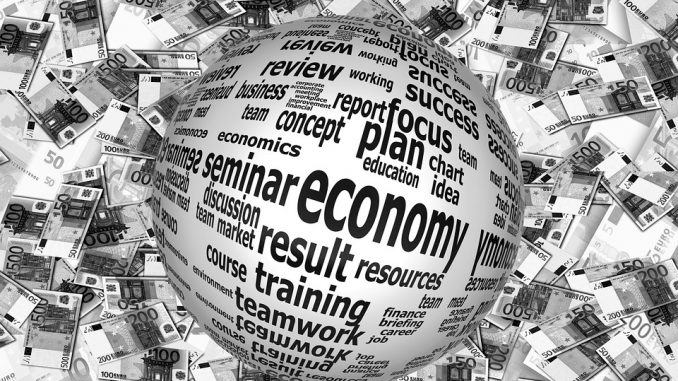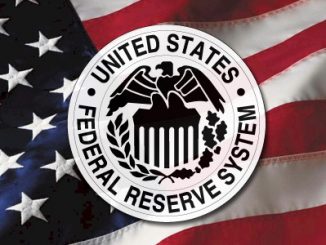
It is true that on a global level, economic growth rates have started to hike since 2017, but expectations are that the global economy will be even stronger in 2018 as well. Despite the headlines, which appear to be a precursor to political instability and economic chaos, the stock markets continue to rise.
The biggest factor in the simultaneous global growth is undoubtedly the fact that the global economy has finally left behind the long shadow of the financial crisis which shook the world in 2008. And even so, the recovery process is still not fully complete; with business investment levels finally starting to stabilize after a decade of stagnation.
It is true that China’s economic growth is somehow slowing, as the authorities are trying to contain the credit bubble, but many other emerging markets, especially India, are expected to grow even faster this year. Rising stock and housing markets may cause inequality, but will also increase consumer spending.
Investors are also calm because of the flexibility of the central bank’s independence in key economies. The US administration has not only moved away the Federal Reserve but also appointed highly qualified individuals to fill vacancies in the Federal Reserve.
At the same time, ECB policies that have helped to support Italy, Spain and Portugal remain largely stable. The European Central Bank remains by far the most respected and influential euro zone institution. Elsewhere, things are pretty much the same. In the UK, British Prime Minister Teresa Mae has earlier on criticized the Bank of England, but quickly reversed it. There is no doubt that many investors consider central banks to be “the only game in the city” and are willing to overlook a lot of political hype as long as the monetary policy independence lasts.
At least for now, politics are impeding global growth as much as we think; But the long-term costs of political upheaval can be far more dangerous. First of all, the political divisions after 2008 created a long-term policy uncertainty, with countries fluctuating between left and right governments. For example, the US tax reform was recently announced as a sure way to boost corporate spending on long-term investment projects. But will it live up to its expectations if companies fear that legislation passed by a thin party majority will eventually be reversed?
Trump has been involved in attacks on institutions ranging from the media to the FBI, not to mention taking a strong stance on key economic facts. At the same time, the left seems keen to portray anyone who does not strongly agree with his proposals as an enemy of the people, helping to feed economic illiteracy.
Perhaps the biggest risk in the short term future is the sharp slowdown in China’s economic growth, making the economy more likely to be at the risk of a tremendous financial crisis than any others.




Be the first to comment